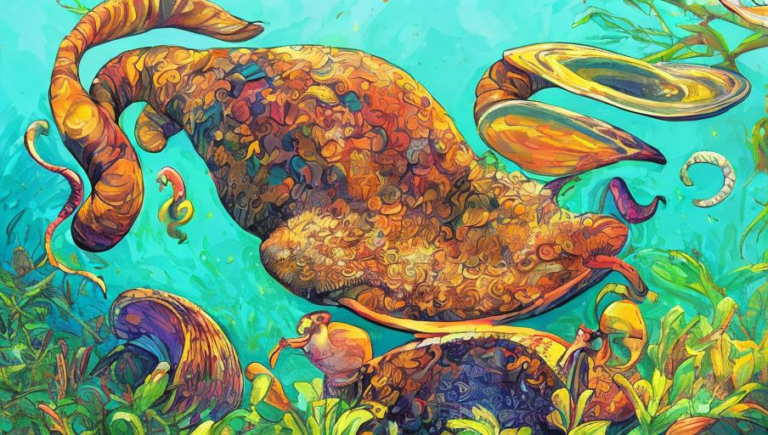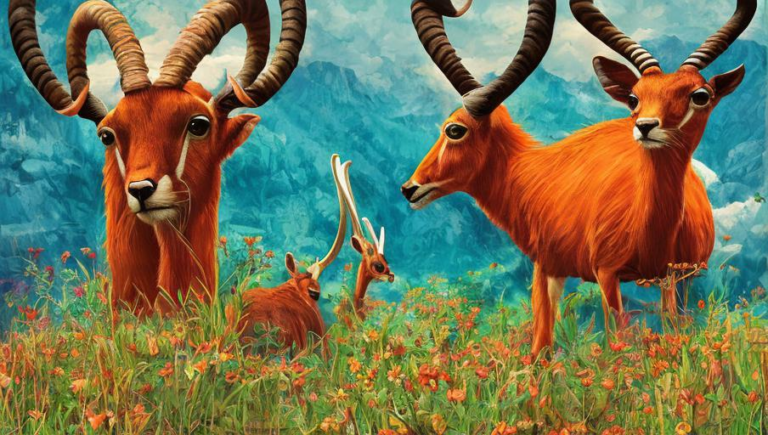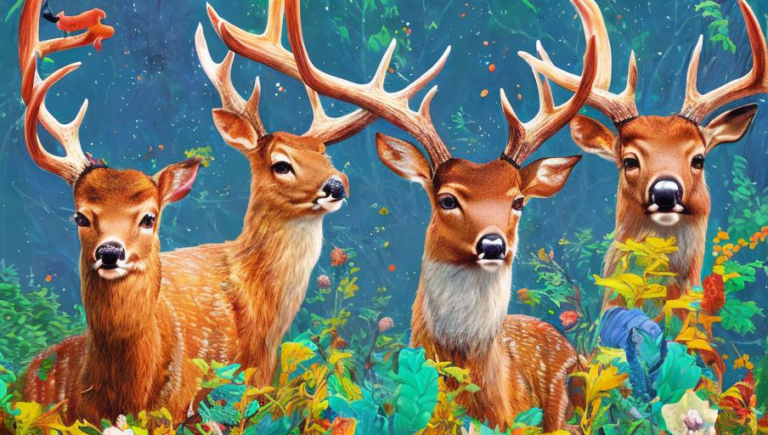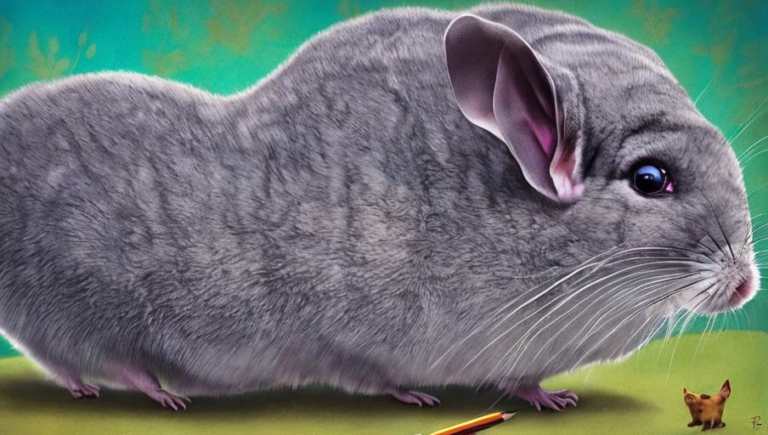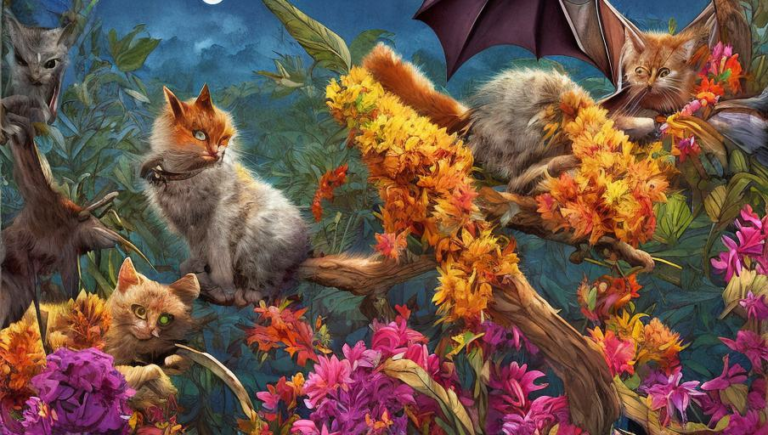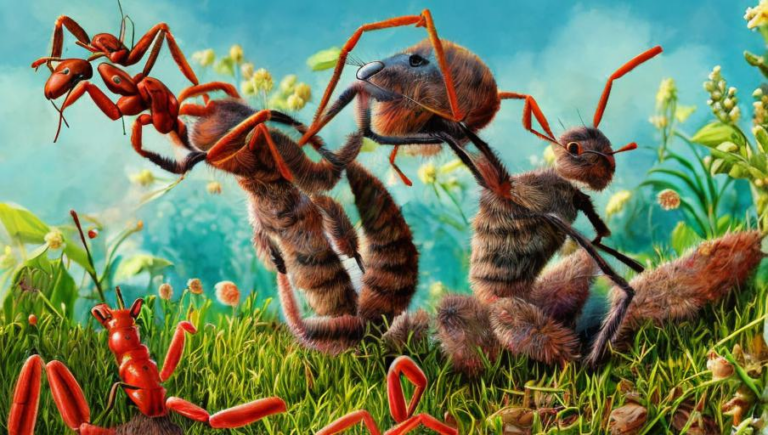Munching on Aquatic Plants: What Ducks Eat
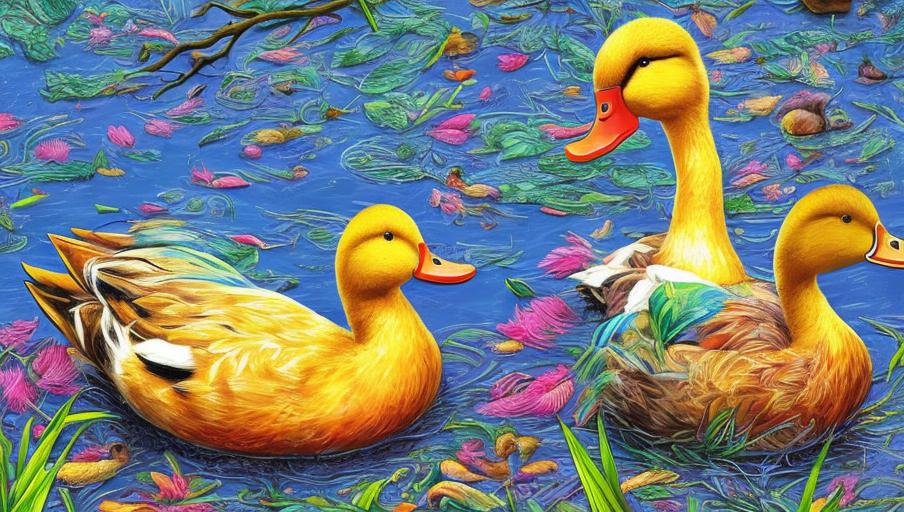
Diet of Ducks
Ducks are omnivorous birds, meaning they eat both plants and animals in their diet. Generally, ducks will eat aquatic plants, insects, fish, snails, worms, and sometimes small amphibians. Their diet depends on the type of duck, their habitat, and the availability of food sources.
Aquatic Plants
One of the main components of a duck’s diet is aquatic plants. Ducks are usually able to find these in creeks, ponds, and other bodies of water. Aquatic plants provide ducks with important vitamins and minerals that they need to stay healthy. These plants also provide ducks with energy in the form of carbohydrates, proteins, and fats.
When foraging for aquatic plants, ducks typically use their bills to uproot them from the mud. They also use their bills to filter out small particles from the water. Ducks may also eat the roots, stems, and leaves of aquatic plants, depending on the species.
Insects
Insects are another important food source for ducks. They are typically able to find insects in the same areas they find aquatic plants. Common insects eaten by ducks include beetles, caterpillars, dragonflies, and grasshoppers. These provide ducks with essential proteins, fats, and minerals.
Fish and Other Animals
Ducks may also eat small fish, such as minnows, as well as other aquatic animals like snails, worms, and small amphibians. These provide ducks with important fats and proteins. Ducks typically use their bills to catch these animals, though some species also dive underwater to capture them.
Other Foods
Ducks may also eat other foods like grains, seeds, berries, and even garbage. These foods provide ducks with important vitamins, minerals, and energy. Ducks may also consume these foods when they are not able to find enough aquatic plants, insects, or other animals.
Conclusion
Ducks are omnivorous birds that eat a variety of foods, including aquatic plants, insects, fish, snails, worms, and even garbage. Their diet depends on the type of duck, its habitat, and the availability of food sources. It is important to protect and preserve the habitats of ducks in order to ensure they have enough food to eat.
